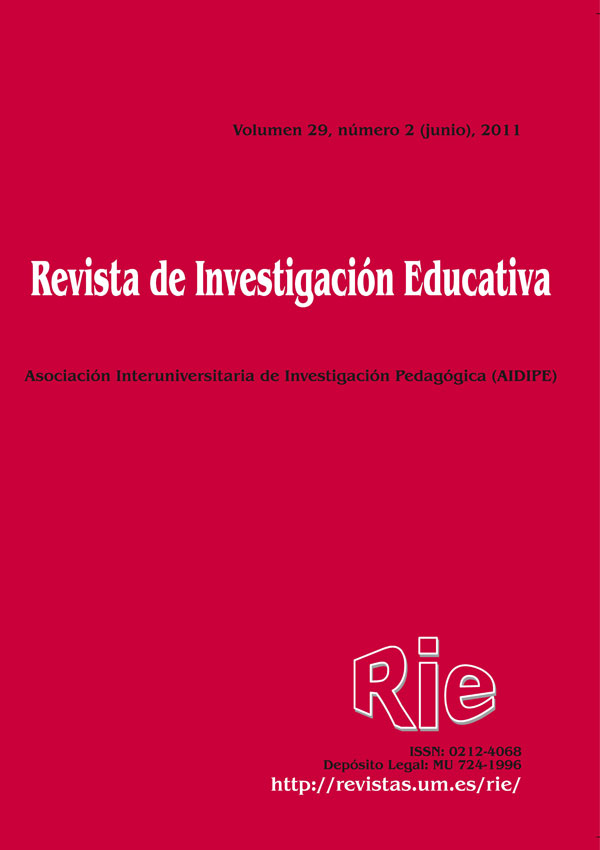School, family and leisure in the balance of children’s daily routines
Supporting Agencies
- Programa Sectorial de Investigación Aplicada e I D de la Consellería de Innovación e Industria de la Xunta de Galicia (código 08SEC019214PR)
Abstract
This paper examines whether socioeconomic conditions influence the work-life balance of families with children enrolled in Primary Education, and studies the influence of school in time management. The sample was made up of 1670 families with children enrolled in Primary Education from an urban area of Galicia, Spain. We gave them a questionnaire about work-life balance that covered the following issues: work-life balance level, factors that hinder this balance, services used to make this balance easier, and needs for educational services. The results show that gender, educational level and family income are key factors in the work-life balance. Work, home and school are the areas that make work-life balance most difficult to achieve. School is perceived as a problem for the work-life balance, although families admit the usefulness of some school services to manage their routines.
Downloads
-
Abstract1880
-
PDF (Español (España))2281
The articles and scientific documents published in RIE abide the following conditions:
1. The Servicio de Publicaciones de la Universidad de Murcia (the publisher) has the property rights (copyright) of all the documents published and allows the reuse under the user’s license indicated in point 2.
2. All documents are published in the digital edition of RIE under a Creative Commons Reconocimiento-NoComercial-SinObraDerivada 4.0 Internacional. (legal document) license. These documents can be copied, used, distributed, communicated and explained publicly if: i) the author(s) and its original source of publishing (magazine, publisher and URL of the document) are cited; ii) it is not used for commercial purpose; iii) the existence and the specifications about this license are mentioned.
3. Auto-archive’s conditions. The authors are allowed and encouraged to digitally distribute the pre-print versions (a version before evaluation) and/or post-print (a version that it is already evaluated and accepted to its publication). This promotes circulation and distribution earlier and can increase the citations and significance within the academic community.









